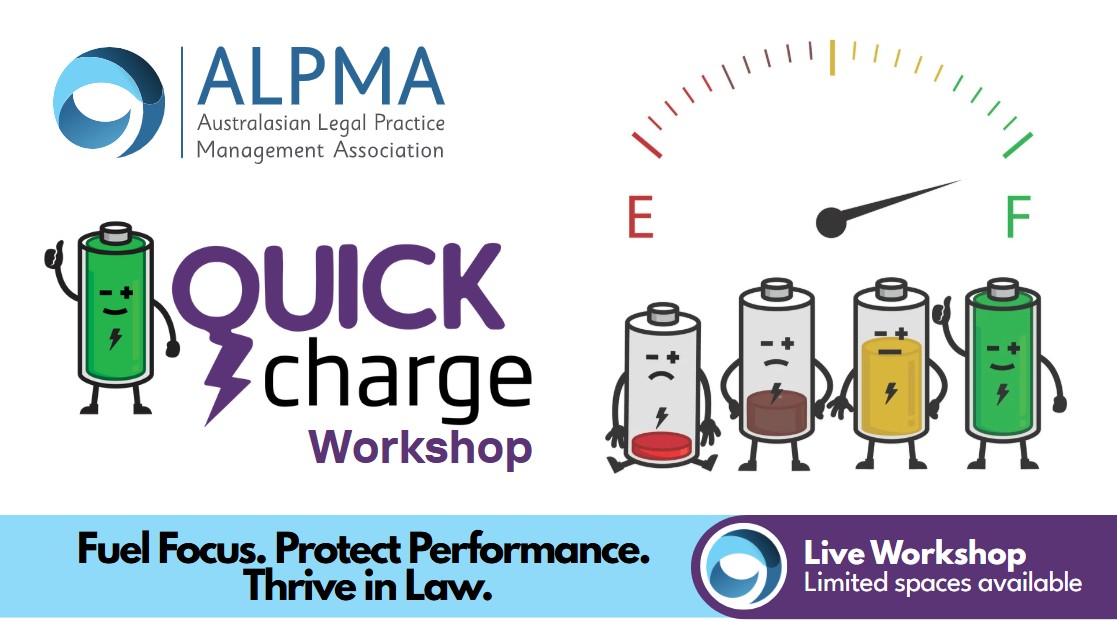The legal profession has always demanded a high level of performance. Long hours, constant deadlines, and high-stakes work are seen as part of the job. But in recent years, law firms and in-house legal teams have faced a quieter challenge: retaining top talent.
Today’s legal professionals are rethinking what they expect from their careers. While remuneration and reputation still matter, they are no longer enough to keep people engaged, loyal or performing at their best. The new benchmark? A workplace that genuinely supports wellbeing.
Wellbeing Isn’t a Perk – It’s a Priority
In high-pressure environments like law, burnout, anxiety, and chronic stress are increasingly common – and often go unnoticed until they impact performance or result in resignations. Additionally, many health concerns both direct and indirect impact daily performance with life becoming increasingly complex.
Younger lawyers, in particular, are placing greater value on mental health, flexibility, and purpose. But these needs are not limited to early-career professionals. Senior legal leaders are also seeking sustainable ways of working that allow them to lead effectively without compromising their own wellbeing whilst reducing risk for those they are responsible for.
Retention today requires more than recognition or pay increases. It requires a culture where wellbeing is visible, supported, and taken seriously.
The Hidden Costs of Inaction
Firms that fail to adapt are seeing the consequences: high turnover, disengagement, reduced productivity, and increased psychological safety risk.
It’s not just the direct costs of recruitment and training – it’s the loss of institutional knowledge, client relationships, and leadership potential that walks out the door when professionals feel unsupported.
In contrast, firms that build a reputation for valuing employee wellbeing often attract stronger talent, improve team cohesion, and cultivate long-term loyalty.
Leadership Sets the Tone
Creating a culture of wellbeing starts at the top. When leaders model sustainable work habits, encourage open conversations about mental health, and support their teams with meaningful and relevant health and wellbeing resources, retention becomes a natural byproduct.
Investing in Sustainable Success
Supporting employee wellbeing is not about lowering standards – it’s about enabling people to meet them consistently. Healthy, engaged professionals don’t just stay longer; they perform better, collaborate more effectively, and lead with greater impact.
Where to Start? We can help!
Organisations ready to take a proactive approach to wellbeing can benefit from partnering with providers who understand the unique demands of legal work.
CU Health provide Australia’s most advanced personalised, confidential wellbeing platform for legal practices. Access online GPs, psychologists, dietitians, and health coaches. We tailor our services to meet the needs of each firm – offering targeted solutions like executive performance coaching as well as preventative health screening beyond our complete psychological care offering.
Because retention doesn’t begin with policies. It begins with care.




